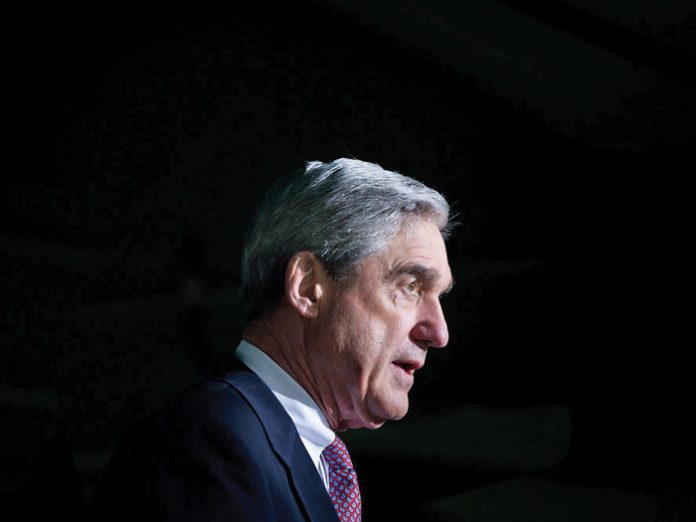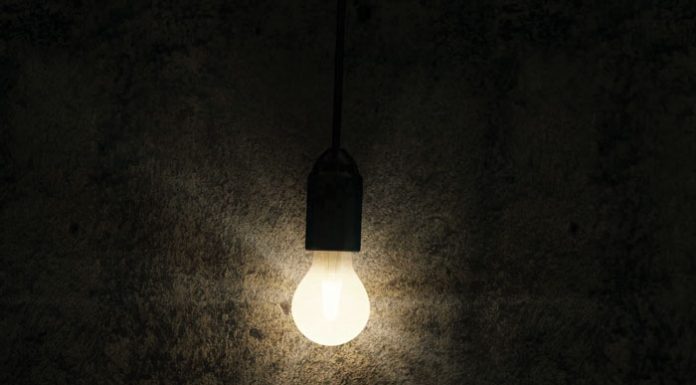Q:How serious are the recent court filings?
A:I think the recent court filings are the tip of the iceberg. A lot of what has been redacted in these filings is going to be very important, and there is more still to come. We know that the tip of the iceberg is that the Southern District of New York is ready to indict Trump on his involvement in paying hush money and impacting federal campaign finance laws. That goes to the question of whether a sitting president can be indicted, so they may not indict him right away. Conversely, they could indict him and then force the White House to ask for a stay while he’s president and to hold it in abeyance until he’s out of office. It’s a pretty clear indication in at least the Cohen files that the prosecutors think that he directed federal campaign finance law felonies. That’s a very serious crime, but as I said I think that it’s just the tip of the iceberg.
Q:It has been suggested that in order to violate those laws it has to be done with criminal intent. Is that correct?
A:John Edwards used that defense when he was charged with campaign finance law violations. Edwards’ argument was that he wasn’t intending to commit a crime, he was intending to protect his family. Some believe that Trump will argue the same—that it had nothing to do with trying to influence an election or trying to get around federal campaign finance laws. I think that it’s an extremely weak argument. Edwards may have gotten away with it, but I think that under these circumstances, where Michael Cohen is his lawyer and has pled guilty to it, it’s a lot tougher. Edwards didn’t have anyone plead guilty to the alleged crime when he was tried for it. Criminal intent is ultimately measured not by what someone subjectively says or thinks but by the conclusions that anyone looking at the facts reasonably would draw. I think that the intent here was clearly to influence the campaign, and I think that both the timing of it and the fact that his lawyer has pled guilty to it would make it quite an uphill battle to combat that.
Q:This started as a probe into Russian meddling in the US electoral process, but in the meantime we’ve ended up with something completely different. Do you think that this can be defined as a witch hunt or do you think that it’s a legitimate part of the investigative process?
A:I think the reason why it was referred by Mueller to the Southern District of New York is because it’s connected to the crimes committed by Michael Cohen, whose place the Feds raided. I don’t think it’s a witch hunt to then go after the violations of federal campaign finance laws, because the question became who directed Cohen to commit those crimes. With respect to the Mueller investigation, there are the Paul Manafort filings that are coming out, and there are also some indications from the Cohen documents that they’re going directly to the question of collusion and conspiracy with the Russians. I think that that’s right in there with the core of the investigation.
Q:What is the ultimate endgame here?
A:Everyone is asking that. The answer is that Trump was essentially lured by the Russians into thinking that he was going to have huge financial gains from them, and the deal from their side was that they were going to have Julian Assange steal the emails and then release them in order to hurt Hillary Clinton’s chances of winning the elections. That quid pro quo is a very serious crime. And that goes to Jerome Corsi and Roger Stone and their Russian connections.
Q:Anyone who has observed the president knows that he is not one to play by the rules. Are you surprised by all this or is this something like “I could have told you so”?
A:I’m not surprised by it, because I think the indications early on, especially after we heard about the Trump Tower meeting, were that it was pretty clear that there were connections. I think Mueller knows a lot more than we do about this, and he’s having it come out very strategically after the elections. I think part of that was about watching what was going to happen, and once the House became Democratic it was much safer for him to come forward with some of these things, and it will be even safer for him to come forward in January and February with other things as his investigation continues. I don’t think it’s surprising, because Trump runs his empire in a way that prosecutors see as a criminal enterprise, and I don’t think he changed his stripes just because he ran for president.





















